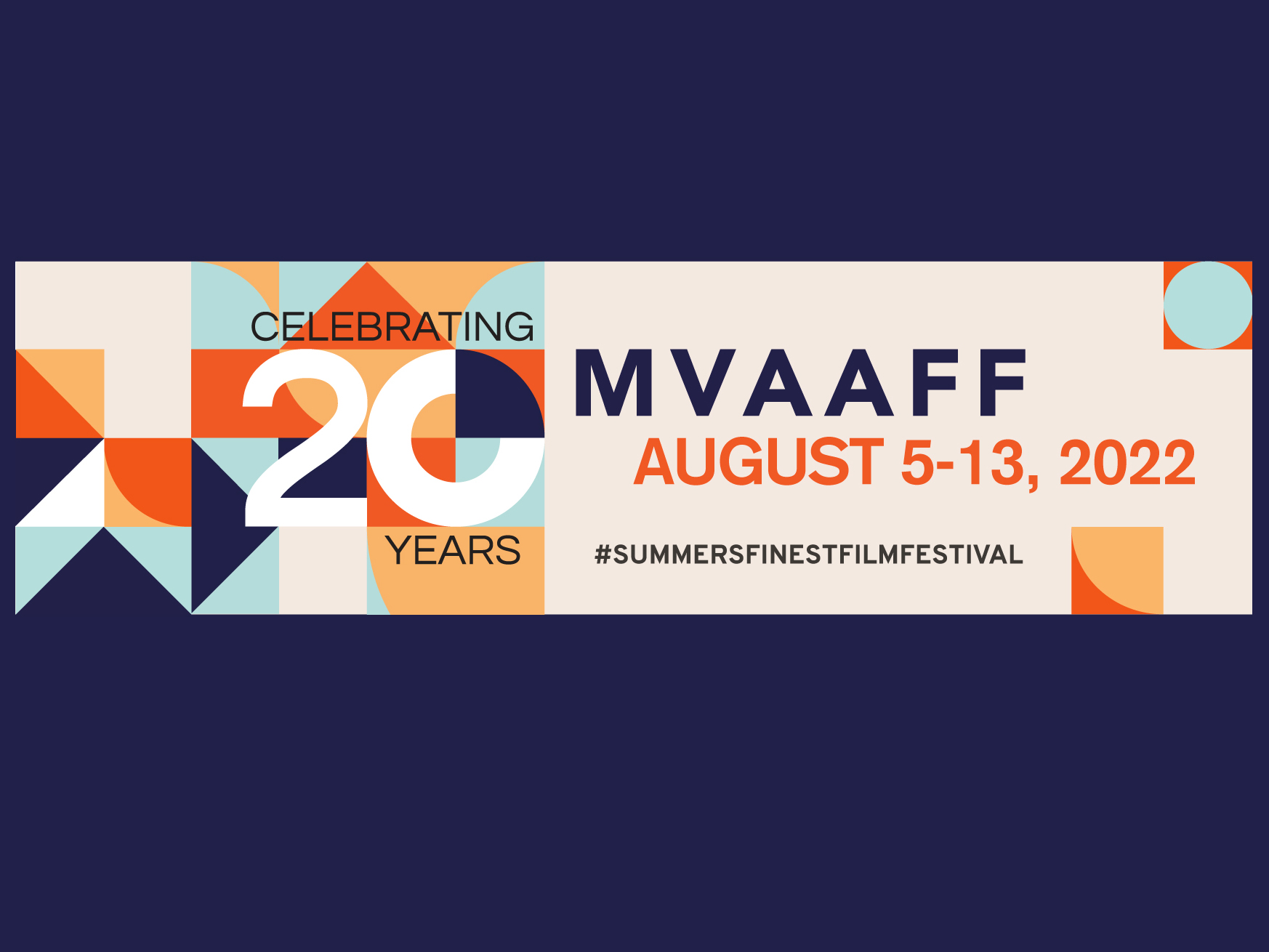
- Festivals
Martha’s Vineyard African-American Film Festival – 20 Years Young
Sitting south of Cape Cod, Martha’s Vineyard has long been favored as a New England summer getaway. Incorporating harbor towns, farmland, glorious beaches, and noted lighthouses, the Massachusetts islet has also been a retreat for such noted personalities as Bill Murray, Carly Simon, Maya Angelou, and Michael J. Fox. And Spike Lee whose locality will serve him well when he presents an exclusive screening of his upcoming docuseries, Da Saga of Colin Kaepernick, at the latest incarnation of the Martha’s Vineyard African American Film Festival (MVAAFF).
Established in 2002 by husband-and-wife team Floyd A.B. Rance III, and Stephanie T. Rance, the festival is celebrating its 20th anniversary from August 5th to the 13th. From its inception, its mission statement is solidly proclaimed in its eligibility requirements for films requesting to showcase. Films must be by a writer, director, and/or producer who is a person of color (including, but not limited to, East Asian, South Asian, Black, African American, Latino, and Pacific Islander) and/or feature people of color in the cast/storyline. At a minimum, films must highlight an inclusive cast that reflects the shifting demographics around the world.
Rance previously declared that the MVAAFF is not a celebrity festival, instead defining it as a filmmaker film festival where the spotlight is on the filmmakers, making them the stars of the events. “They aren’t overshadowed by anyone or any particular event.”
But it sure doesn’t hurt when the filmmaker is also a celebrity and the inhabitants of the MV Performing Arts Center, in the historical Oak Bluff section of the island, got their star quotient filled when former President Barack Obama and First Lady Michelle Obama made a surprise appearance to introduce their Netflix documentary Descendent, directed by Margaret Brown, which tells the story of a search to find the remains of the last slave ship to arrive in America, named the Clotilda. While the ship was burned outside of Africatown, Alabama in 1860, many descendants of the people forcibly brought over from Africa still live in the area. Margaret Brown’s documentary focuses on telling the stories of those families, using the search for the shipwreck as a catalyst to examine the deeply rooted traumatic effects of slavery in America. For the couple, the establishment of their Higher Ground production company has served them as a vehicle to stay active in both the political and social world.
“When we screened this… we looked at it and immediately thought, ‘This is why we’re doing Higher Ground,’” Michelle Obama explained to the opening night capacity crowd. “Because what we know about our history as Black people, we don’t talk about nothing. We can’t get anything out of our elders, can we? We don’t know anything.” She then continued in her oratory to enlighten why she and her husband have embarked on their cinematic endeavors.
“We have to be the ones. We cannot follow that tradition of keeping our pain silent. Because what this film shows us is that our stories are the power that makes us seen.”
Helping to provide more power in the ‘seen’ department, a multitude of impressive talent will unveil their work as over 70 films, shorts, television series, and documentaries will unspool (narrowed down from over 700 submitted) in the days ahead. Among the creative voices are Tyler Perry with A Jazzman’s Blues, the story of 40 years of secrets and lies told against a soundtrack of ‘juke joint blues;’ Zoe Saldana starring in From Scratch, a cross-cultural love story from the talents of Attica and Tembe Locke; Josh Alexander’s documentary Loudmouth on Reverend Al Sharpton that comes from Bron Studios; Tracee Ellis Ross who will bring her docuseries HairTales that will showcase on the Oprah Winfrey Network; and Regina Hall who will screen and lead a discussion on her Sundance hit Honk for Jesus, Save Your Soul.
Part of the exceptionality of the festival is also the inclusion of varied voices that come to speak during the multitude of conversations and discussions that happen in between the screenings. Among the highlights will be “Visionary Women: A Conversation with the New Wave of Filmmaking Voices” featuring Nikayatu Jusu and Mariama Diallo; the “Color of Conversation” series, including a discussion with Former Attorney General Eric Holder, discussing his new book Our Unfinished MarchHelen Hoehne, Chief Diversity Officer Neil Phillips, Independent Board Director Sharlette Hambrick and member K.J. Matthews, which will be moderated by festival co-founder Stephanie T. Rance.
While film festivals such as Cannes, Venice, Berlin, Toronto, New York, and Sundance take up the lion’s share of air in the room, it is important to note the rising prominence of the smaller platforms around the world. Even in such a specialty market as ethnic cinema and television, the consensus is that there is room for everyone.
As Rance once commented in a previous interview with Shadow and Act, “We try to be competitive, but we aren’t trying to put anybody down or talk bad about anybody. I think sometimes that happens. I think that’s just life. We should be competitive but not competing with one another.” And then to reinforce the mantra of the MVAAFF, he sums up. “Our sentiment is genuine in terms of knowing the road from which the filmmaker has to walk, and that is why we cater to the filmmaker.”
And it seems the filmmakers are happy to oblige.

